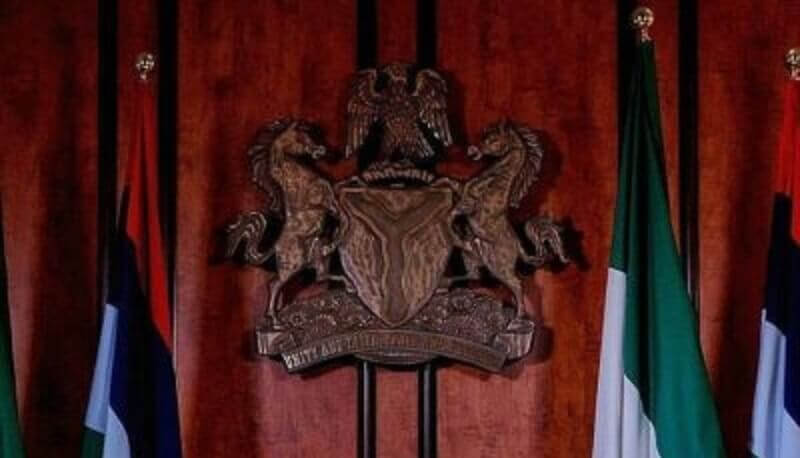Nigerians may not see improvement in their standard of living anytime soon despite the 2.5 per cent growth projected for the economy by the International Monetary Fund, according to research and investment firm, Afrinvest.
IMF on Tuesday revised its 1.5 per cent growth projection for Nigeria in 2021 to 2.5 per cent.
Advertisement
But the lender was pessimistic about the country’s 2022 Gross Domestic Product growth as it revised its earlier projection for next year to 2.3 per cent, from 2.5 per cent.
Nigeria slightly escaped recession by the end of the fourth quarter of 2020 as the economy recovered by 0.11 per cent, according to Nigerian Bureau of Statistics.
Experts familiar with the Nigerian economy including the Chief Executive Officer of Economic Associates, Ayo Teriba, had questioned the growth which was believed to be unexpected.
With the revised projection for Nigeria by the IMF, the economy is expected to see a higher level of recovery, but Afrinvest expressed worries that the growth projection is not commensurate with the country’s population growth rate of 5.2 per cent annually.
Advertisement
Afrinvest said in a mailed report that, “This further reinforces our position that Nigeria’s path to recovery will be blurry, with no hope of a near term improvement in the average living standards of its citizens.”
Notwithstanding the 2.5 per cent GDP growth rate projected by the Washington based lender, Afrinvest said Nigeria’s economic growth is expected to grow below the annual population growth rate of 2.6 per cent.
The firm insisted that for the country to have an inclusive and sustainable growth that improve living standards for its average citizens, the economy has to grow twice the population growth rate at 5.2 per cent.
It said, “Unfortunately, it is tough for an economy to achieve strong and sustainable GDP growth without resolving structural problems that drove inflation rate to a 4-year high of 17.33 per cent, unemployment rate to an all-time high of 33.1 per cent, Official Exchange rate depreciation of 92.4 per cent in five year (from N197/$1 in 2016 to N379/$1), as well as heightened external vulnerability as currently the case with Nigeria.”
For Africa’s biggest economy to escape from its present problem, it must seek private sector players involvement in the provision and maintenance of critical infrastructure.
Advertisement
“This will help improve local business activities, boost production of goods at competitive prices, create more jobs, and reduce FX pressure from import bills. On the policy leg, effort must be intensified to address insecurity concerns in order to ensure the smooth running of economic activities at all times,” the Lagos based company added.



